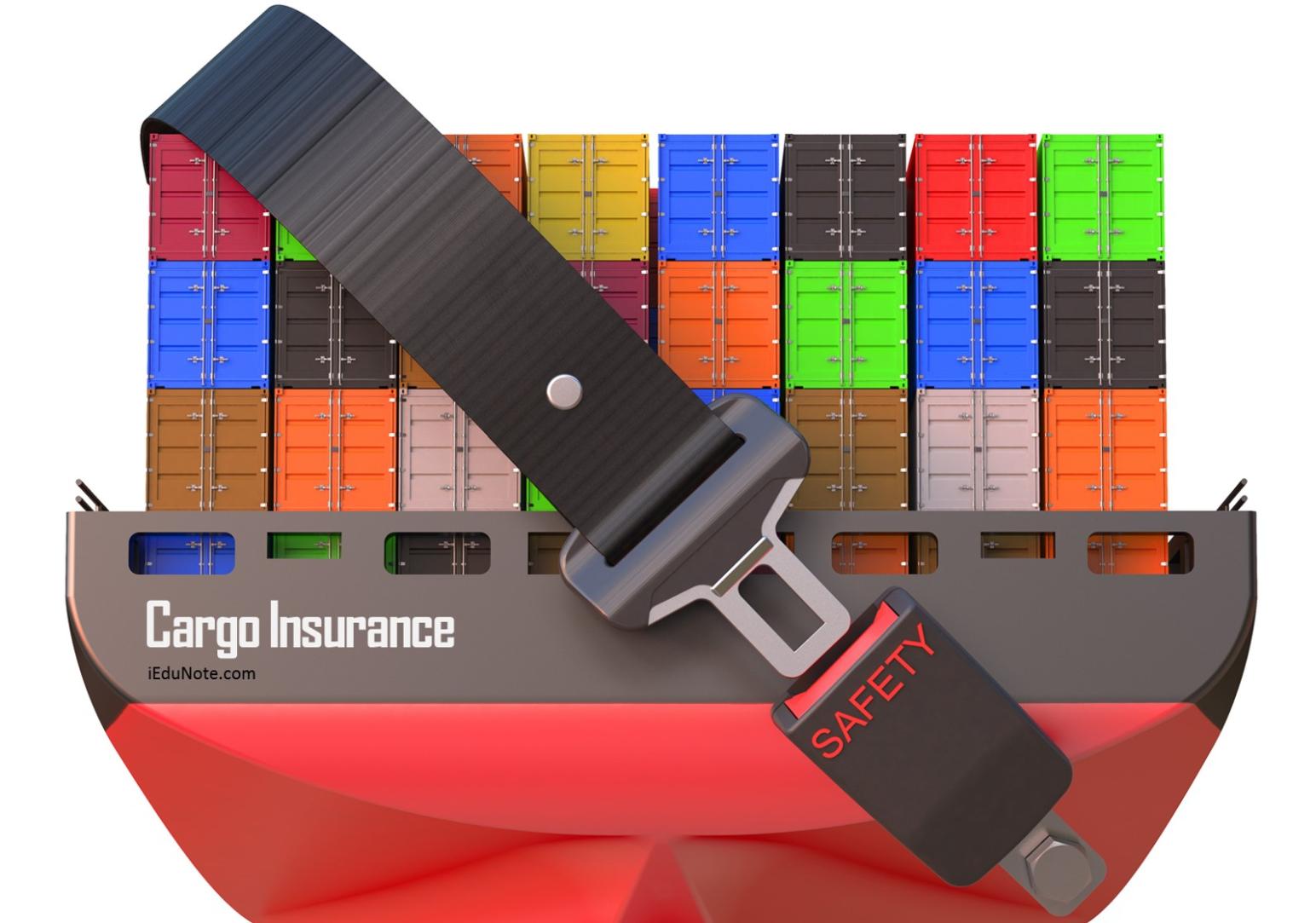The Importance of Cargo Insurance for E-commerce Businesses
With the rapid growth of e-commerce, the demand for cargo shipping has skyrocketed. This has led to an increased risk of cargo loss, damage, or theft during transit. Cargo insurance plays a crucial role in protecting e-commerce businesses from financial losses and ensuring customer satisfaction.

Benefits Of Cargo Insurance For E-commerce Businesses
- Protection against financial losses: Cargo insurance covers the value of goods in case of damage, loss, or theft during transit. This helps e-commerce businesses mitigate financial risks and protect their revenue and profit margins.
- Enhanced customer satisfaction: Cargo insurance helps maintain customer trust and satisfaction by ensuring timely delivery of goods. By protecting goods from loss or damage during transit, e-commerce businesses can meet customer expectations and build a positive reputation.
- Compliance with regulations: Cargo insurance can help e-commerce businesses comply with regulations and legal requirements. In some countries or regions, cargo insurance is mandatory for certain types of shipments. By obtaining adequate cargo insurance coverage, e-commerce businesses can avoid legal complications and penalties.
Types Of Cargo Insurance Coverage
There are various types of cargo insurance coverage available to e-commerce businesses, each offering different levels of protection. The most common types include:
- All-risk coverage: All-risk coverage provides comprehensive protection against a wide range of risks, including accidental damage, theft, and natural disasters. This type of coverage is ideal for e-commerce businesses that ship high-value or fragile goods.
- Named perils coverage: Named perils coverage provides protection against specific risks that are explicitly listed in the policy. This type of coverage is typically less expensive than all-risk coverage, but it offers a narrower range of protection.
- Warehouse-to-warehouse coverage: Warehouse-to-warehouse coverage provides protection for goods from the time they leave the seller's warehouse until they arrive at the buyer's warehouse. This type of coverage is suitable for e-commerce businesses that store goods in warehouses before shipping them to customers.
- Door-to-door coverage: Door-to-door coverage provides protection for goods from the time they leave the seller's premises until they are delivered to the buyer's premises. This type of coverage is ideal for e-commerce businesses that ship goods directly to customers' homes or businesses.
Factors To Consider When Choosing Cargo Insurance
When choosing cargo insurance, e-commerce businesses should consider the following factors:
- Value of goods: The value of the goods being shipped is a key factor in determining the amount of cargo insurance coverage needed. E-commerce businesses should accurately assess the value of their goods to ensure adequate coverage.
- Type of goods: The type of goods being shipped can also impact the insurance premium. Some goods, such as fragile items, perishable goods, and hazardous materials, may require specialized coverage.
- Destination: The destination of the goods can also affect the insurance premium. Countries or regions with higher political instability, security concerns, or natural disasters may have higher insurance rates.
- Shipping method: The shipping method used can also impact the insurance premium. Air freight and ocean freight typically have higher insurance rates than courier services.
E-commerce businesses should carefully consider these factors and consult with insurance professionals to determine the right type and amount of cargo insurance coverage for their specific needs.

Cargo insurance is an essential tool for e-commerce businesses to protect their goods during transit and mitigate financial risks. By choosing the right type of cargo insurance coverage, e-commerce businesses can ensure the safe delivery of their goods, maintain customer satisfaction, and comply with regulations.
YesNo

Leave a Reply